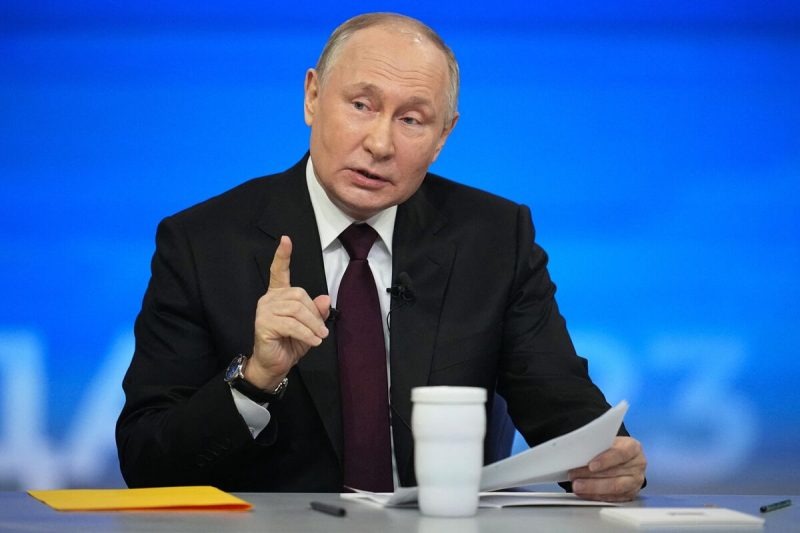
Russia President Vladimir Putin Approves Crypto Mining Restrictions
Russian President Vladimir Putin has approved new measures to restrict cryptocurrency mining in several regions to address energy supply concerns. These restrictions are part of Russia’s broader efforts to regulate the industry while conserving electricity during peak winter months.
Russia Crypto Mining Restrictions Enforced in 13 Regions
Russia will introduce the crypto mining restrictions in 13 regions including the occupied territories of Ukraine between December 2024 and March 2031. The affected regions are the Irkutsk region, the Zabaikalsky Krai and some parts of the Republic of Buryatia in Siberia.
Furthermore, between 2012 and 2031, annual emission standards shall be maintained in the heating season in the Republic of Dagestan, the Republic of Ingushetia, North Ossetia-Alania, Chechnya, Kabardino-Balkaria, and Karachay-Cherkessia regions.
According to the local report, the measures will also affect the occupied territories of Donetsk and Luhansk, Zaporizhzhia, and Kherson regions. Such measures were considered during a government commission meeting chaired by Deputy Prime Minister Alexander Novak. The meeting discussed energy saving as power consumption in the country is likely to rise in the winter season.
Energy Limits for Individual Miners
In order to control energy consumption even more, the government has set a maximum power usage of 6,000 kWh per month for unregistered miners of cryptocurrencies. Anyone who goes beyond this ceiling will have no option than to obtain an entrepreneurs license to continue crypto mining legally. The government said this would help guard against unregistered miners, further straining the power infrastructure. It will be legal to carry out mining activities, but the operations must adhere to reporting and taxation norms.
Consequently, the fresh measures may have a significant impact on Russia’s crypto mining sector, especially in areas such as Irkutsk. Irkutsk region is famous for its relatively low electricity tariffs, cold climate, and powerful hydropower resources which attract mining activities. This facility is home to BitRiver’s largest data center, opened in 2019 in Bratsk, near one of the biggest hydroelectric power stations in the world.
These conditions have therefore made the Siberian regions to be suitable regions for mining companies. Nevertheless, due to the restrictions on energy supply by the government, the working in these areas will be curbed and the crypto mining output will decline.
While Russia is implementing crypto mining restrictions, another country, the US, could become a crypto hub under Donald Trump thanks to his crypto promises, including the Strategic Bitcoin Reserve. Interstingly, Bitcoin advocate Anthony Pompliano recently urged the US to print $250 billion for the strategic reserve.
Crypto Taxation Introduced for Mining Activities
In addition to mining restrictions, Russia has introduced tax regulations for cryptocurrency transactions and mining operations. Under the new laws, cryptocurrencies will be classified as property for tax purposes. Income from mining and trading will be taxed based on market value at the time of receipt.
Miners will be allowed to deduct operational expenses from their taxable income, and crypto transactions will remain exempt from value-added tax. Operators of mining infrastructure will be required to submit regular reports on the miners they serve, ensuring compliance with tax regulations.
The Ministry of Finance stated that these steps aim to balance the state’s interests with those of businesses. The measures reflect Russia’s growing efforts to regulate the crypto sector and manage its energy demands effectively.
The post Russia President Vladimir Putin Approves Crypto Mining Restrictions appeared first on CoinGape.
